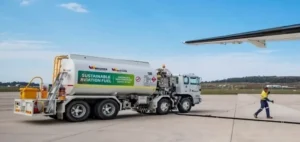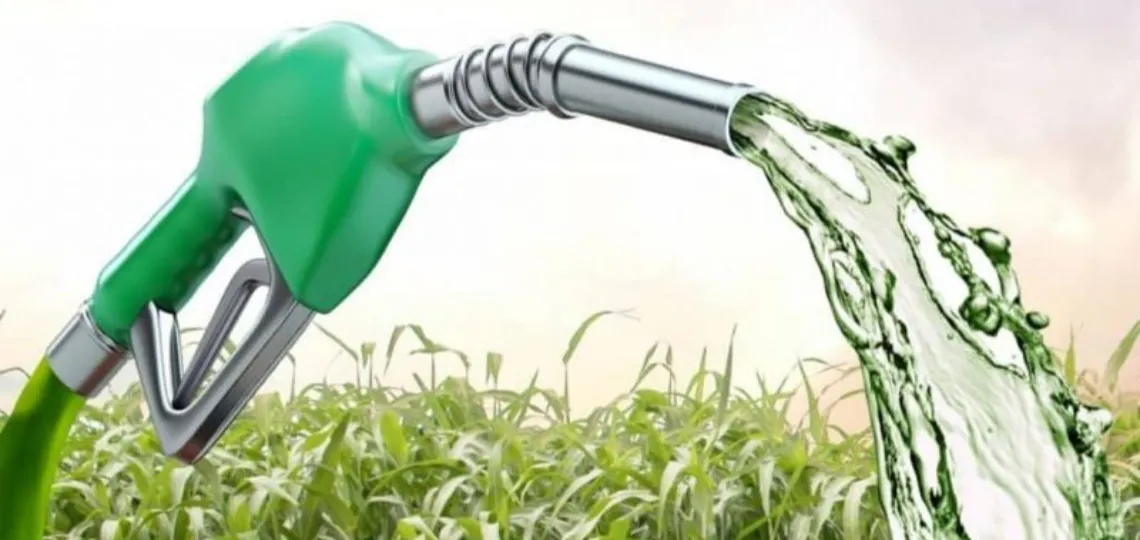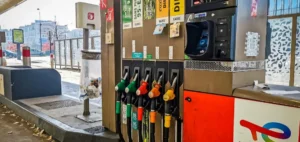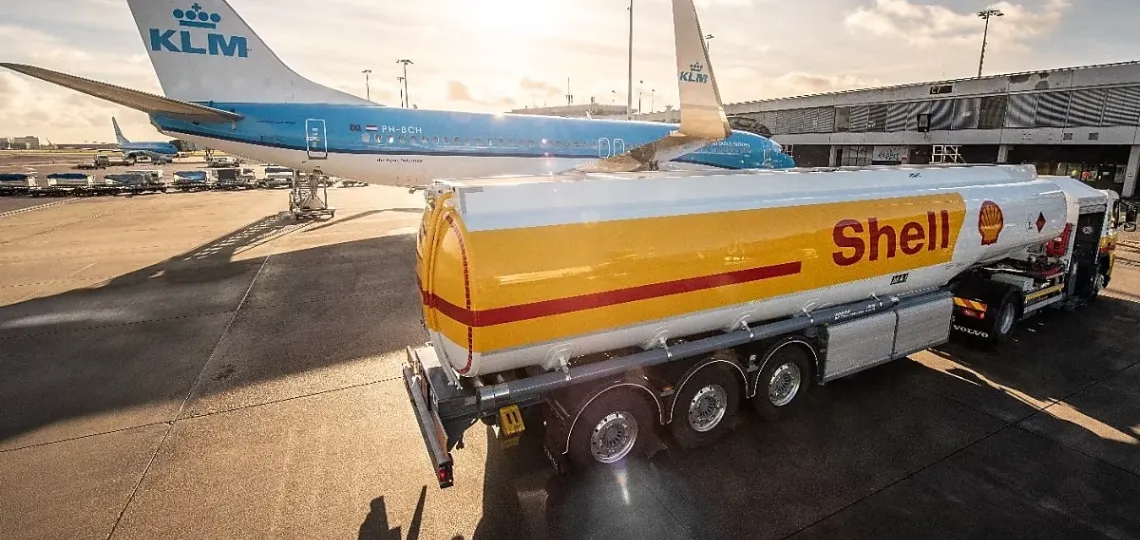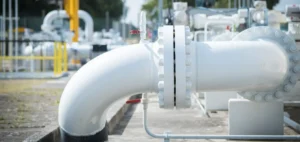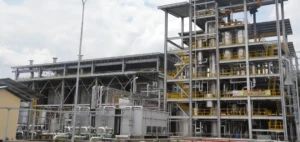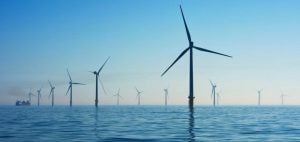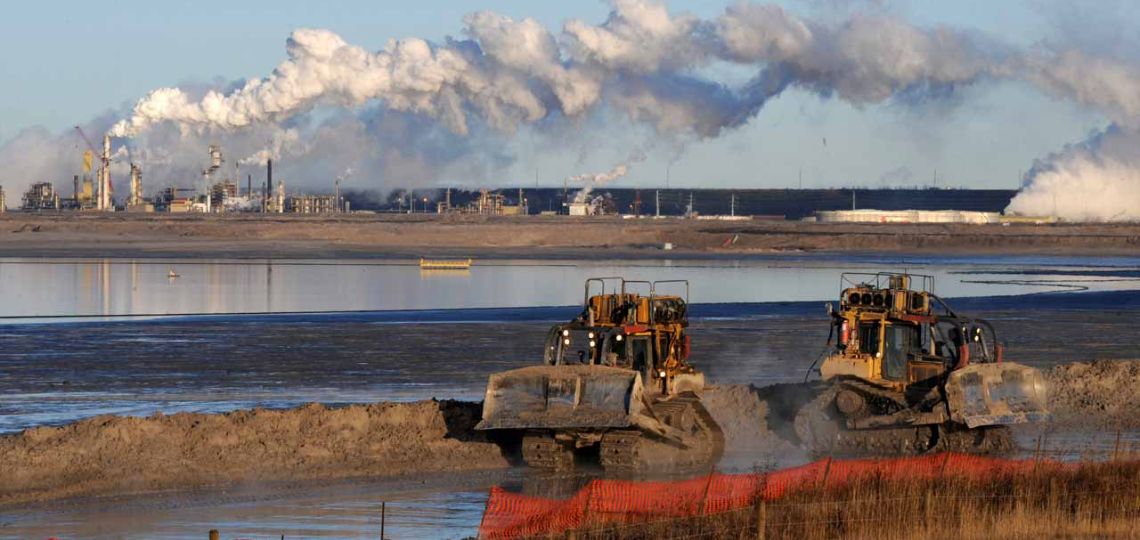The energy transition faces a problem of taxation. Declining tax revenues from fossil fuel cars threaten industrialized economies as they strive to decarbonize.
It seems that the energy transition is hindered by taxation. Tax revenues from fossil fuel cars are decreasing. There are calls for action to develop new tax regulations. Thus, the goal is to ensure a low-carbon future while limiting the drop in tax revenues.
More electric vehicles, less tax revenue
The UK’s Office of Budget Responsibility, which oversees the government’s economic management, warned of this problem in its latest report. As the sales of electric vehicles accelerate, governments must adapt their tax systems.
In fact, a growing number of consumers are opting for electric vehicles. In April, electric vehicle sales rose 61% year-over-year. As a result, vehicle and fuel tax revenues are falling. According to the OBR report, the British government could lose up to £39 billion. Vehicle and fuel taxes account for 90% of these potential losses.
Thus, the government must find alternatives to compensate for these losses. He is counting, for example, on a carbon tax. However, the OBR stresses the need to address this shortfall. According to him, the public debt could reach 267% of GDP if measures are not taken quickly.
Taxing fuels, a thorny political decision
Russia’s invasion of Ukraine has made the issue of energy security even more important. Thus, many countries are working to reduce their dependence on imported hydrocarbons. The UK is no exception. 40% of its energy consumption depends on oil.
Thus, the sanctions against Moscow have significant impacts. Faced with soaring prices, states have had to provide aid to help consumers. In addition, they have reduced taxes on the sale of fuel to compensate for this price increase. In this context, it is difficult to envisage a tax increase.
However, some institutions believe that governments could act more quickly on a fuel tax increase. They argue that this would accelerate the transition to the deployment of low-emission transportation.
In 2019, the World Bank estimated that fuels were under-taxed by $5.2 trillion. However, according to her, an increase in taxation could help finance a large part of decarbonization. Nevertheless, governments remain hesitant.






